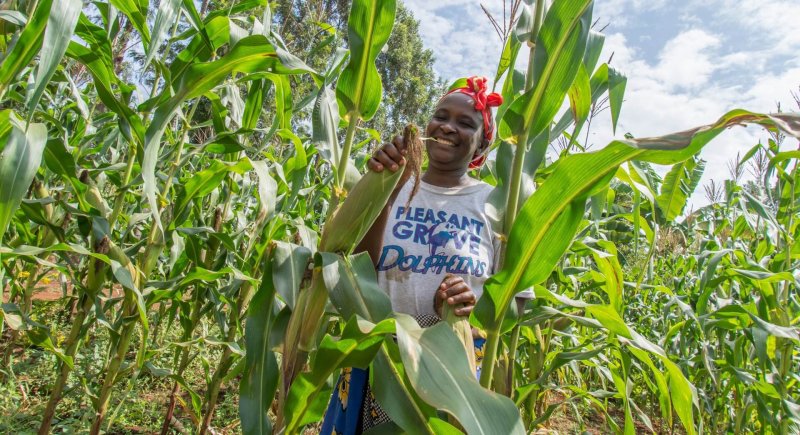In Kenya, maize lethal necrosis disease (MLND) has plagued crops and affected yields to the point where food security has become a concern.
Scientists have traveled from all over the world to study this disease, and while certain experimental GMO crops have shown tolerance, no varieties are 100% resistant to the disease.
However, thanks to a partnership between Africa’s largest seed producer Dupont Pioneer and the International Maize and Wheat Improvement Center (CIMMYT), new genetically-engineered varieties may be the answer to crop failures.
The GLP aggregated and excerpted this article to reflect the diversity of news, opinion and analysis. Read full, original post: Food Friday: What is gene editing and why is it important?































